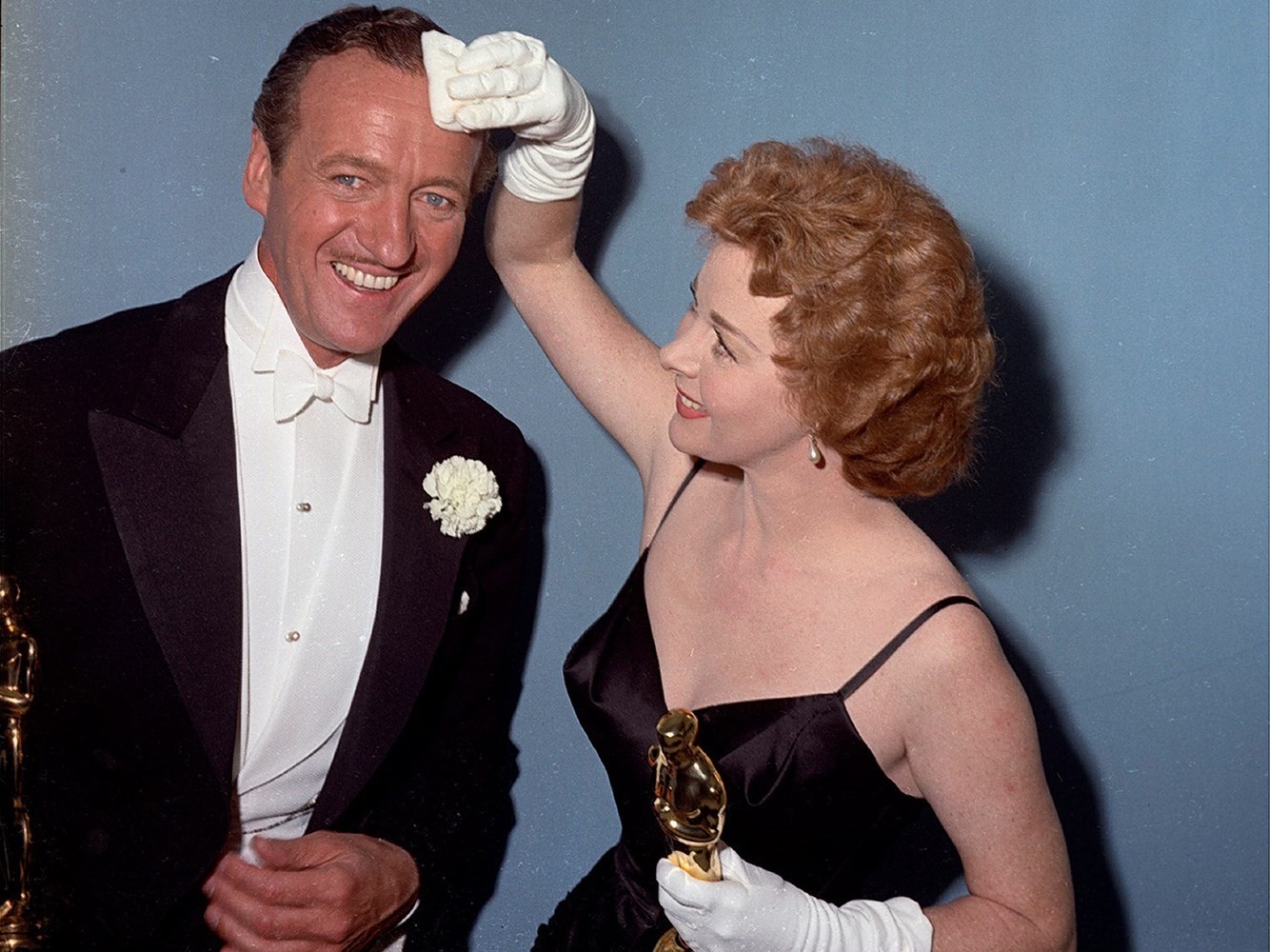In New York during February of 1963, captivated by what is known in Hollywood as “Oscar Fever” I went in search of a book on the subject and found there weren’t any. Hence, passionately and boldly, without professional credits or skill, except for letters dispatched frequently to my parents in Ireland, I decided to write one, from the perspective of the actors who won. Almost immediately a formidable problem presented itself. Although the names of the winners were easily available, I did not know where to locate them. But then I thought of one whose address I knew. Grace Kelly, honoured in 1955 for The Country Girl, now known as Princess Grace, was living at The Palace, Monaco. So I decided to write to her there.
Between you and me, composing that letter wasn’t an arduous task, since I knew practically every millimetre of Grace Kelly’s films. In lieu of studying Science and taking exams at the University of Galway, I was sitting blissfully through double features of Rear Window and To Catch a Thief, the latter featuring one of the most seductive, non-verbal scenes in film history. Wherein Kelly, as the stunning but glacial American heiress, Frances Stevens, upon being escorted to her hotel room by an equally gorgeous and teasingly confident stranger John Robie, AKA “Le Chat” (Cary Grant), allows him to open the door to her suite. Stepping inside, she turns, locks eyes with the bemused tuxedoed hunk, glides forward, slips her elegant hand around his upper back, and kisses him, solidly, on the mouth. Then she shuts the door, leaving the suspected jewel thief with a look on his face that suggested, as another besotted viewer later stated, she had just unzipped the fly to his pants.
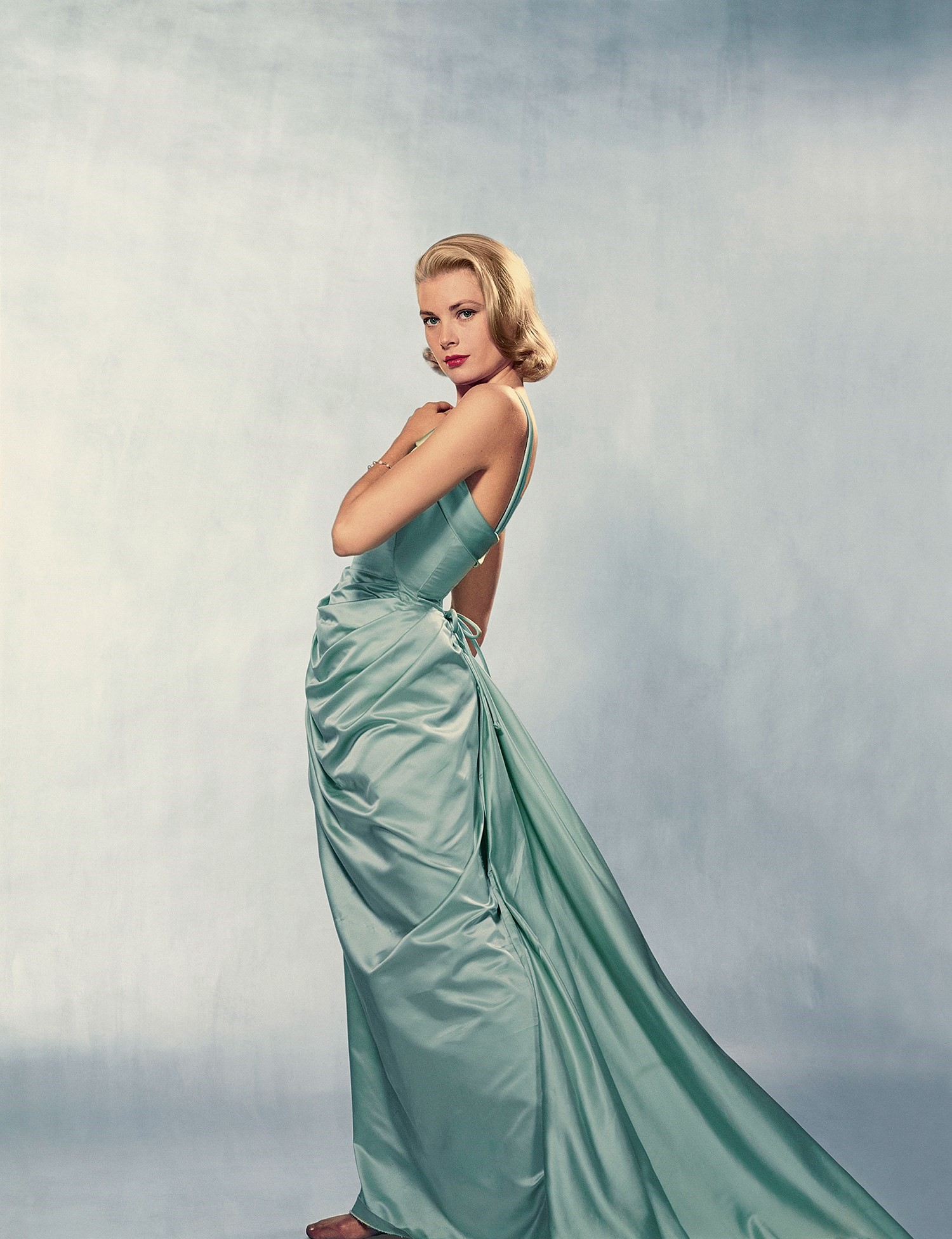
In the letter I expressed my enthusiasm for The Country Girl, and the Princess’s other films, and asked if she would assist me in writing her part of the book. Three weeks later a reply arrived from Monaco, from the Princess’s private secretary, which, once my unstable heart was retrieved from the floor, read in part: “Her Highness appreciates your interest and asks that you contact her directly at her home address in Philadelphia... in order to arrange for a possible interview... in New York City.”
I did as instructed, contacted Her Serene Highness in Philadelphia and left my New York telephone number. Her secretary called and an appointment was made. On the afternoon of May 23 1963, looking every inch the goddess I fantasised about during recent college days, the Princess, wearing a light blue Chanel suit, a single strand of cultured pearls, and her shimmering ash blonde hair in a chignon, met with me in her suite at the Regency Hotel in Manhattan. Both The Country Girl and the Oscars were rollercoaster experiences, she said, starting at the top with Paramount Pictures, who asked her to play the coveted role of the embittered alcoholic’s wife. The lows began when (a), Bing Crosby, the star of the film, did not want her as his co-star, and (b), her home studio, MGM, refused to loan her out. With Celtic resolve and talent, Kelly overcame both. Nominated for Best Actress she was euphoric – until days later, MGM, angered by her continued refusals to work in its sub-par films, sent a telegram to the nominated actress, suspending her. Further down the slope, after a friend in New York cautioned her not to attend the Oscar ceremonies, because Judy Garland was going to win for A Star is Born, she was called by the powerful Hollywood columnist, Hedda Hopper. To ensure Garland’s victory, the columnist insisted that Kelly refuse her nomination, by withdrawing her name from the final Oscar ballot. If Judy didn’t win she would do something rash, she would attempt suicide again, Hopper firmly stated. “This made me feel awful,” Princess Grace said. “I told her that it was not my choice, but that of the Academy members and voters. I also suspected that Judy knew nothing of this request.”
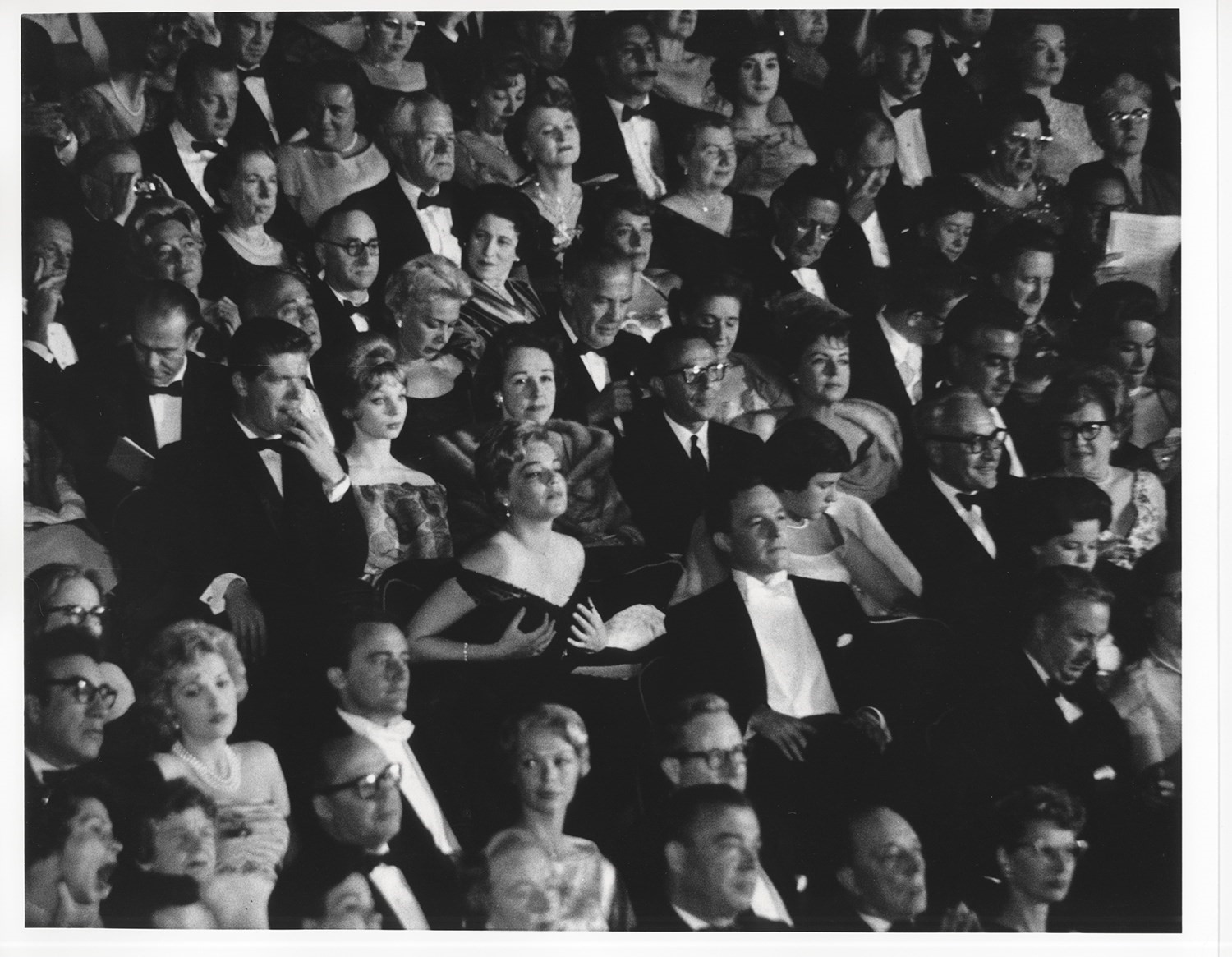
With the golden glow of time spent with Grace Kelly urging me on, I was able to tackle the challenge of locating the other winners. Largely through the help of Celebrity Service, an information bureau in Manhattan, who, through friendly persuasion and quid pro quo compensation, agreed to supply the addresses. With each letter, after conveying my admiration for their work and asking for their help in writing about their Oscar victory, I enclosed a list of questions, which they could answer at their convenience, through an interview, by phone, or if they preferred, by writing their recollections. By early summer the replies began to arrive from all over the world. William Holden in Malaysia; Anna Magnani and Sophia Loren from Italy; Laurence Olivier in London; Judy Holliday, New York; and from Hollywood – Joan Crawford, Ray Milland, Bing Crosby, and more to come. Some agreed to be interviewed, many preferred to write their recollections, which varied in length, from two to three to eight pages (Loretta Young), or with short terse replies (Frank Sinatra, George Sanders). Tropes and hieroglyphics, as it were, to be decoded and interpreted, befitting the complex personas each talented performer possessed.
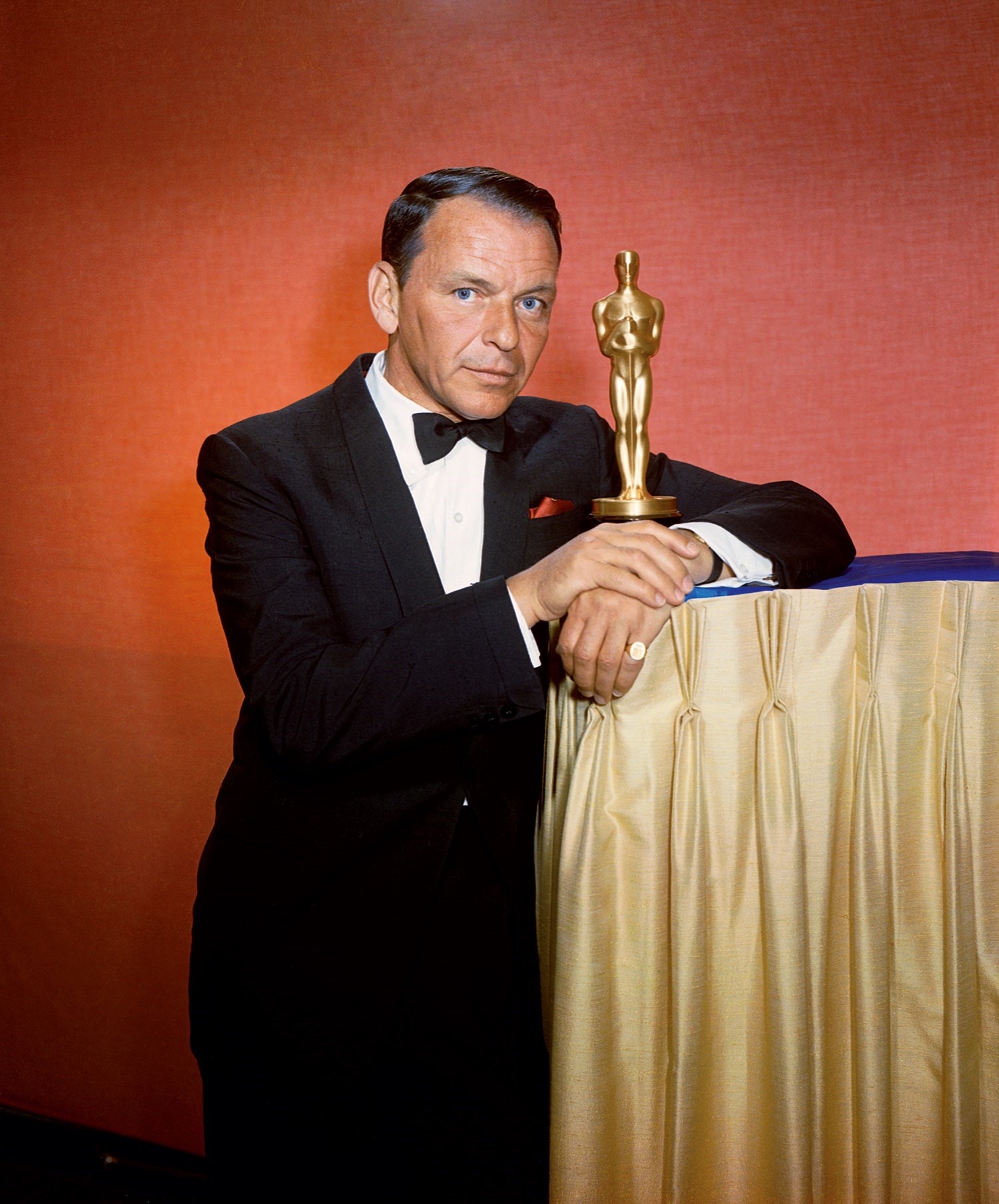
How did you spend the day of the Awards?
“Biting my nails.” Bing Crosby (Going My Way, 1945)
“Taking tranquilisers.” Ray Milland (The Lost Weekend, 1946)
“In bed.” George Sanders (All About Eve, 1950)
“In bed with a temperature of 104.” Joan Crawford (Mildred Pierce, 1945)
“Thinking. Sweating. Taking showers. Staying sober.” Frank Sinatra (From Here to Eternity, 1953)
“In a fog.” Donna Reed
“In a state of hysteria.” Kim Hunter (A Streetcar Named Desire, 1951)
“Trying hard not to throw up.” David Niven
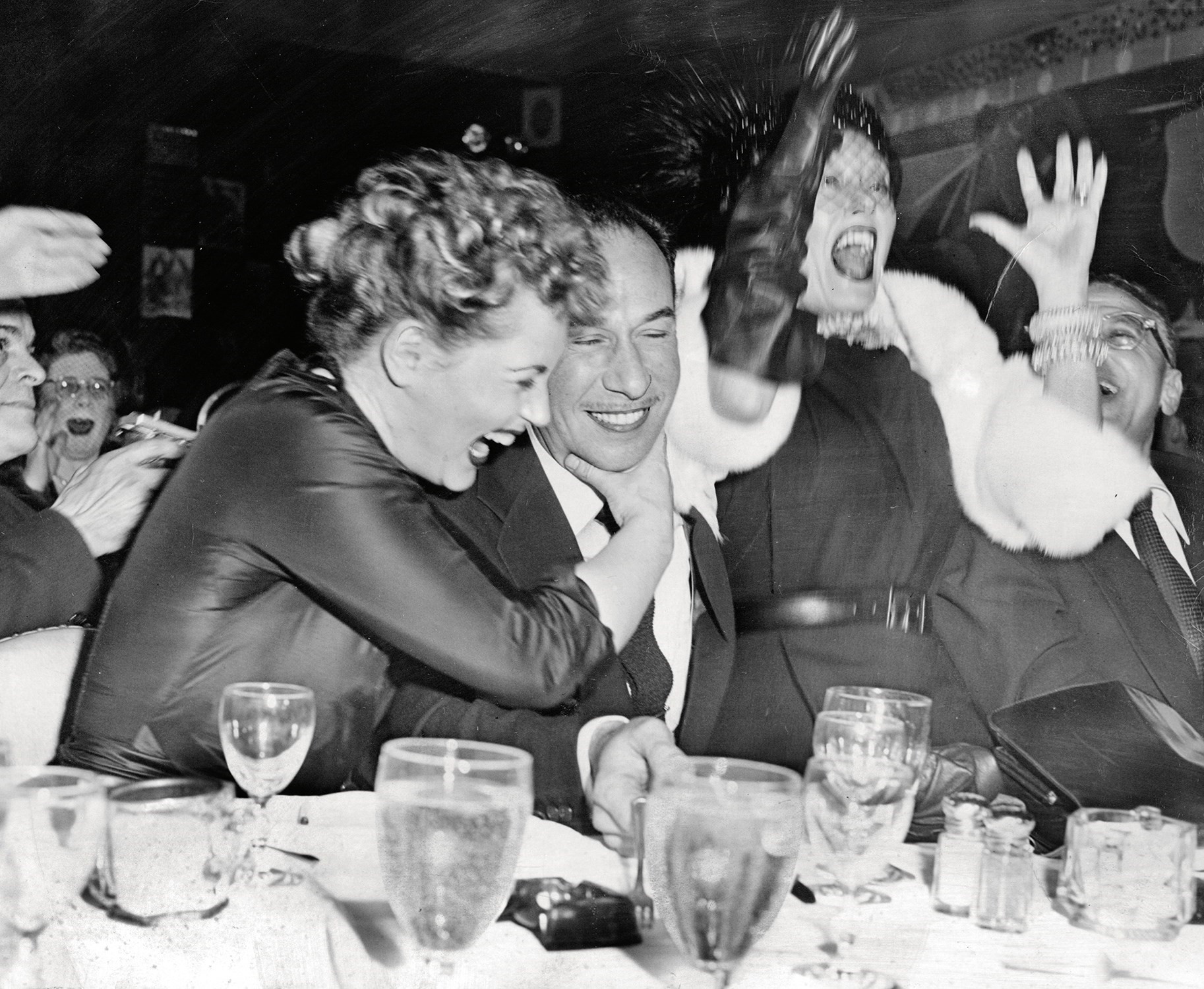
“I was still on suspension from MGM, so I had to go to Paramount to prepare and get dressed. Edith Head was a strong ally and helped enormously. She had chosen two of her designs. One was the Grecian draped blue chiffon, from the opening scene of To Catch a Thief. But since the movie was not yet released, Mr Hitchcock requested that we did not use that dress. So we decided on the blue satin gown, which I had worn to the opening of the film in New York a few months before.” Grace Kelly
“I was in Rome... too scared of going to Hollywood for the awards. I was afraid, if I attended the ceremonies, of fainting in case of winning as well as in case of losing.” Sophia Loren
“I spent the day of the awards with my husband who was rehearsing two songs for the Awards show. I started to think, but obviously too late, about my dress. I had my hair set by Sydney Guilaroff, who was curling about 30 kilometres of blonde, black, red, and bleached hair in town that day. I refused the 10 different kinds of pills which were offered to keep me calm, pretending I was calm.” Simone Signoret
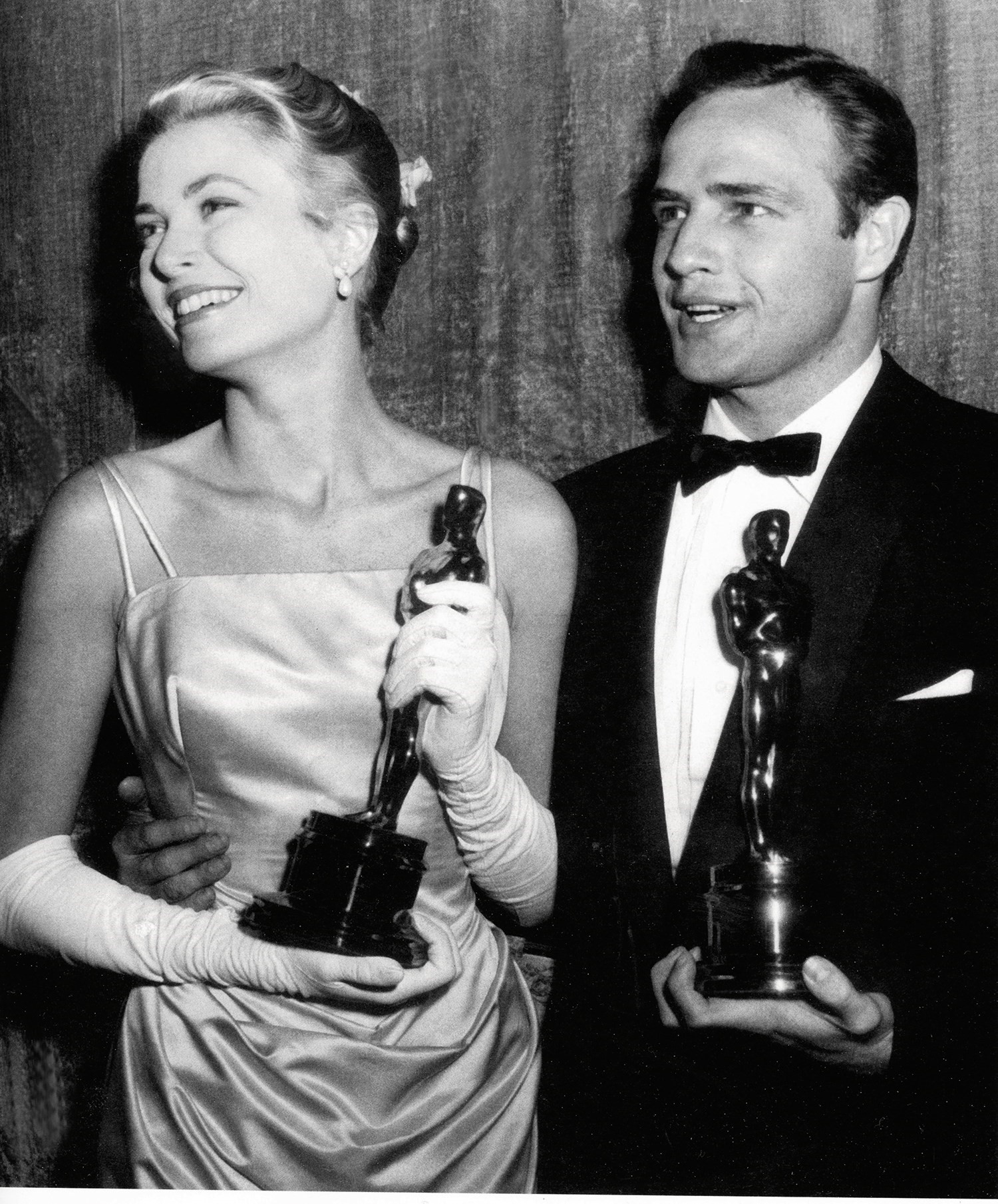
What was your reaction?
“Stunned.” Shirley Booth (Come Back, Little Sheba, 1952)
“I was completely dumbfounded, then wildly elated. I let out a whoop that would have scared a Comanche and winged back to the dining room yelling, ‘I’ve been nominated, I’ve been nominated!’ Whereupon memory splashed a reminder into my pride-dizzy head: ‘Irene’s already received five nominations! She must think I’m acting like a goon. Acting like a goon? I am a goon!’” Loretta Young
“I probably felt my usual reaction to all awards, which is how stupid to compare Miss X in this with Miss Y in that and say one is better than the other.” Wendy Hiller (Separate Tables, 1958)
“The nomination in itself was such a miracle, for one who, [being a] foreigner, was completely unknown in the USA one year before, and I thought sincerely I would not go further than that step, which was already enormous, considering my position towards the others.” Simone Signoret
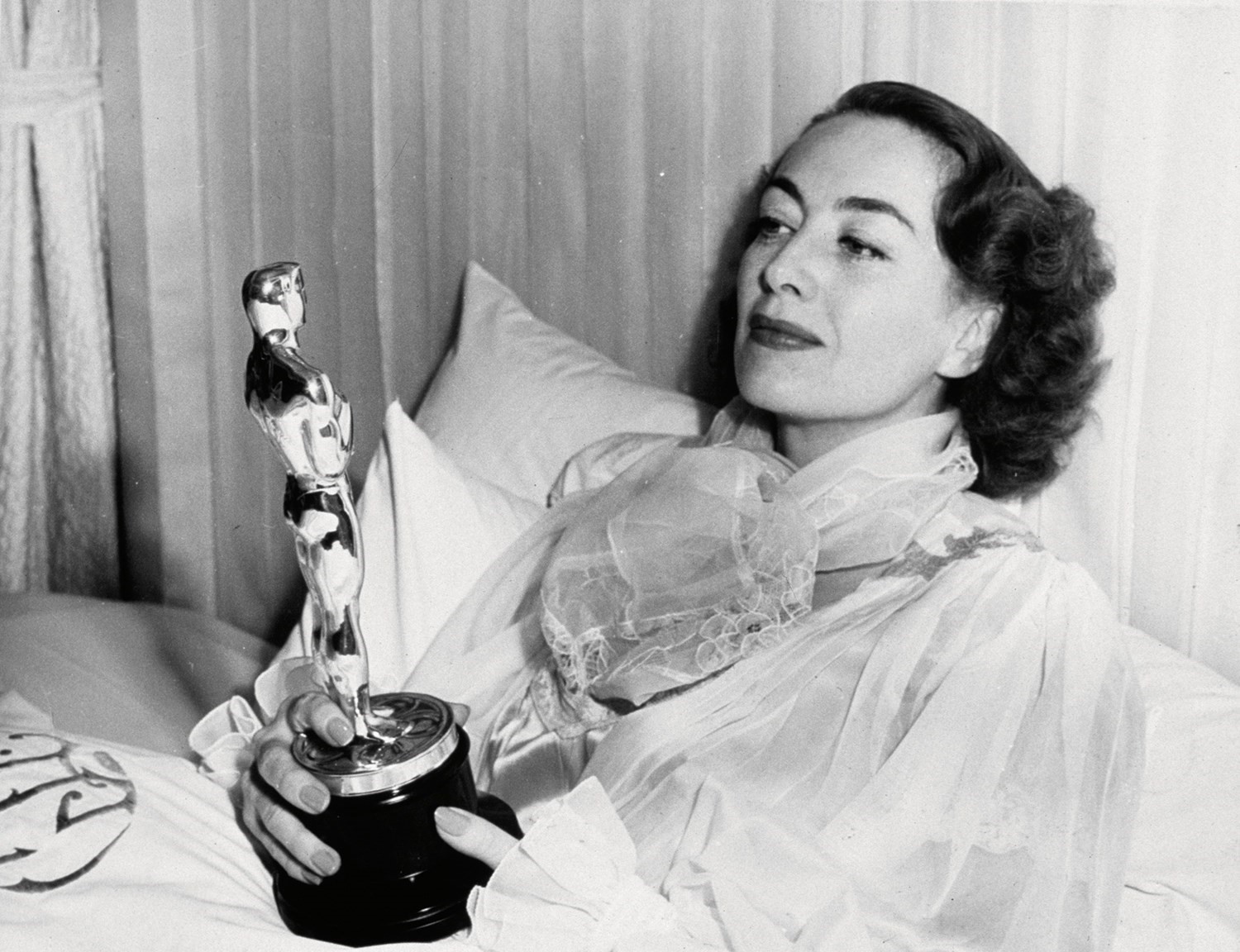
Do you recall your acceptance speech?
“Was unable to make one.” Ray Milland
“Thank you.” William Holden
“We had but a half minute to say thank you. As my country was under German occupation, I didn’t know what had happened to my people. So I said in my few words of acceptance, that I share this honour with my Greek colleagues of the Greek National Theatre, dead or alive! And I was right, many had lost their lives in that dreadful period.” Katina Paxinou (For Whom the Bell Tolls, 1943)
“I managed to thank everyone who had made that moment possible. Then I had the good sense to leave the stage as my composure was beginning to waver.” Grace Kelly
“I know I could not speak, I cried. I mumbled a few (barely) understandable words which probably made them believe I had cheated and was dubbed in the picture. What I tried to say was that I wanted to share this honour with all those with whom I worked, actors, the director, and for once it was sincere, the producers. I know it seems corny, but it happens to be my deep feeling, for an actor alone does not mean a thing.” Simone Signoret
A version was this article was published in AnOther Magazine Spring/Summer 2011. The text is excerpted from The Oscar Letters by Shaun Considine, available here.
